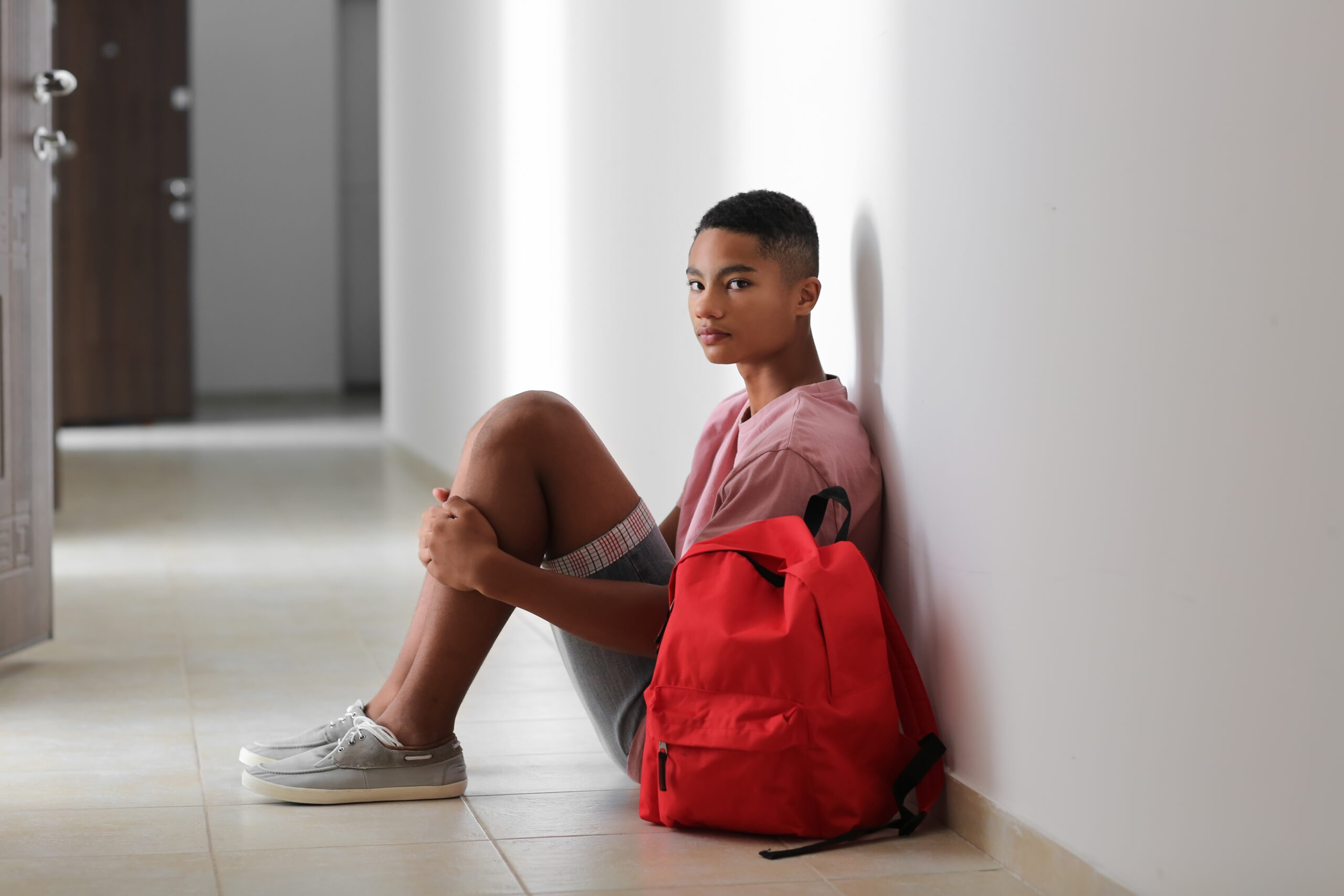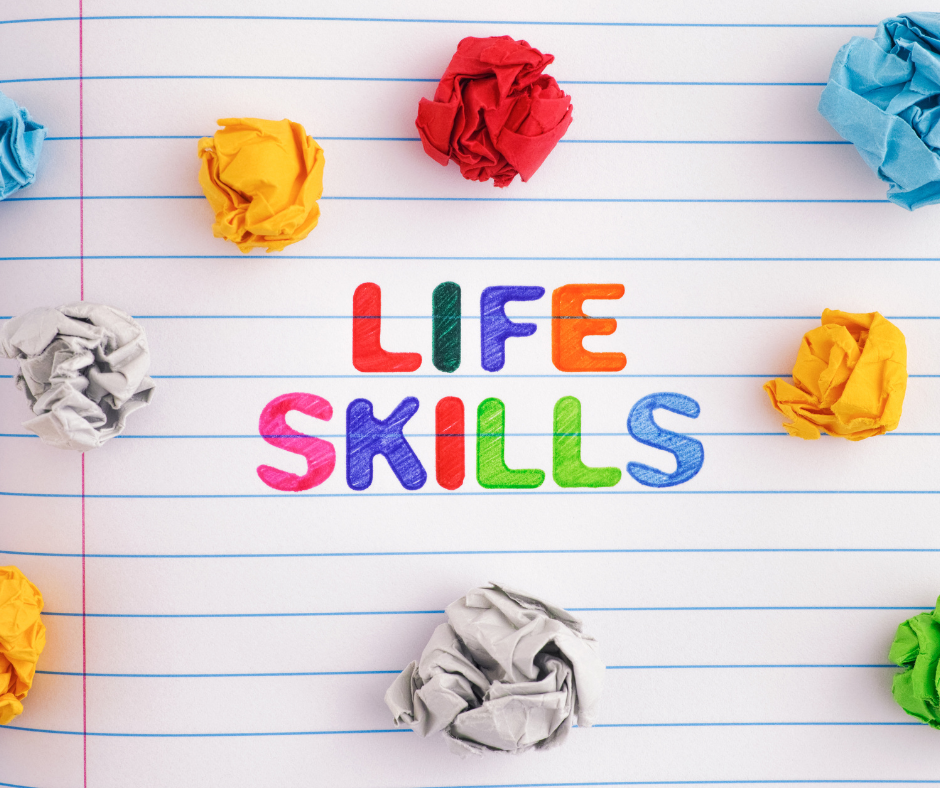The benefits of learning a better way to live in recovery are innumerable. Freedom from addiction to drugs and alcohol is just the beginning. The substance abuse treatment we offer at Horizon Recovery helps teens and adolescents build a solid foundation for a lifetime in recovery. We not only diagnose and treat co-occurring mental health issues that can complicate addiction – we also educate and enlighten.
The core principles of recovery offer a system for healthy living that not only helps teens avoid slipping back into addiction and destructive behaviors but also helps them gain self-confidence and esteem. The ideas behind addiction recovery for teens help them grow into more responsible, accountable adults. To become people with the power to control their own destiny, the courage to pursue their dreams, and the compassion to support others.
The 10 Principles of Addiction Recovery
- Acceptance: Learning to accept powerlessness against addiction when relying upon willpower alone. Learning how to accept the things we cannot change, change the things we can, and gain the ability to tell the difference.
- Commitment: Deciding to accept help for addiction, embrace change, and do whatever is necessary to recover.
- Self-Reflection: Learning to understand not only addiction but yourself. Recognizing your triggers, leveraging strengths, and overcoming weaknesses.
- Support & Service: Seeking help from supportive friends, family, sponsors, and mental health professionals. Being of service by supporting others, especially those in recovery.
- Change: Embracing change and understanding that recovery is not just a state of being – it is an action, an ongoing process. Faith without works is dead.
- Adaptation: Incorporating coping tools and healthy strategies to deal with stress, counter triggers, and overcome cravings.
- Healthy Living: Adopting a balanced lifestyle, including proper nutrition, regular exercise, and adequate sleep to provide balance and routine.
- Responsibility: Assuming responsibility and taking accountability for past actions and making amends where possible. Repairing damaged relationships and taking ownership of one’s destiny.
- Continual Growth: Recognizing recovery as an ongoing process of personal development. Pushing for continuous improvement over time. There is no “sitting still” in recovery. Only moving forward or moving backward.
- Hope: Daring to believe not only in the possibility of a life free from addiction but in yourself and others. Having the audacity to dream big and reach for the stars.
Our mission at Horizon Recovery is simple. We aim to provide the best evidence-based addiction care for teens available. Simple does not mean easy though. We have invested countless hours and days into developing what we believe is the best adolescent addiction recovery program of its kind.
Whether your teen is struggling with major depression, an anxiety disorder, substance abuse or a combination of challenges, we’re ready to help. We understand the stress and strain these challenges can put on a family. We’ve been there and we know the way forward.
When you choose Horizon Recovery for your teen’s treatment, you can rest assured they will receive exceptional care from the Southwest’s leading teen and adolescent addiction treatment centers. We welcome the opportunity to help introduce your teen to a life in recovery, please give us a call at (602) 755-7858 with any questions or concerns you have.
We teach a variety of life skills, including decision-making, problem-solving, communication, and stress management.
Our approach is holistic, focusing not only on symptoms but the whole person. We incorporate life skills training into our treatment plans to empower adolescents.
Yes, we believe that family involvement is crucial to a successful treatment outcome. That’s why we include family therapy sessions in our treatment plans.
We are only licensed to provide care through age 17.
Life skills training contributes to mental health by providing adolescents with tools to navigate challenges, make wise decisions, and build healthy relationships. This, in turn, promotes overall well-being and resilience.



